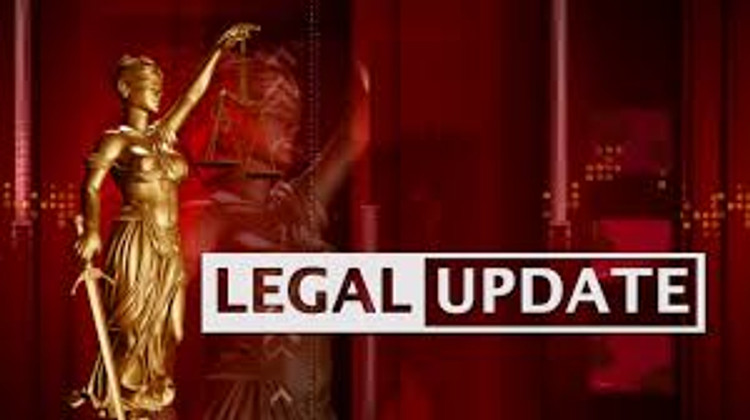New Jersey Finally Adopts Daubert
Posted by Brian C. Harris of BHSM on Sep 14th 2018
On August 1, 2018 the New Jersey Supreme Court issued its opinion in In re Accutane Litigation, 2018 WL
3636867 wherein the Court abandoned Frye’s “General Acceptance” requirement for admission of
scientific evidence under Rule 702. In doing so, it extended the gatekeeping function of the trial court
and obligated it to ensure that an expert’s testimony was both reliable and relevant before admitting it
to the jury.
When considering admissibility of scientific evidence the Court adopted the Daubert standard wherein
the Court may consider whether the theory or technique (1) has been tested; (2) whether it has been
subject to peer review or publication; (3) any standards governing its application; and (4) its level of
acceptance in the scientific community
The Court opined that the Daubert factors for assessing the reliability of expert testimony will aid New
Jersey trial courts in their role as the gatekeeper of scientific expert testimony in civil cases. Under the
test in Accutane a trial court must determine “whether the scientific community would accept the
methodology employed by the expert and reviewed the underlying facts and data” relied upon by the
expert. The trial court’s finding relating to the admissibility of an expert will only be overturned if an
Appellate Court finds an abuse of discretion, even if it would have reached a different conclusion in the
first instance.
The Accutane opinion will undoubtedly become a focal point in New Jersey litigation involving expert
opinion but as in the past, not every case involving expert testimony necessitates a Daubert hearing. In
the run of the mill medical malpractice cases for example, the reliability and relevance of testimony by
physicians is often not a significant issue. In cases involving novel expert testimony, however, Daubert
and its progeny become the center of attention. The trial court will play a much more significant role as
gatekeepers of such expert testimony and their decisions will be reviewed under an abuse of discretion
standard.
We hope this will be of assistance when evaluating the strengths and opinions and the ultimate
admissibility of defense experts whose performance often times influences the ultimate outcome.



